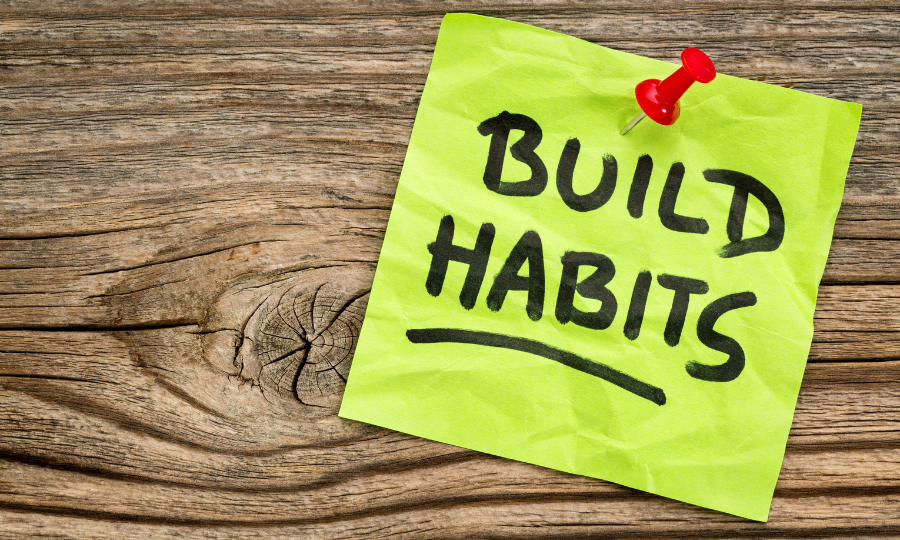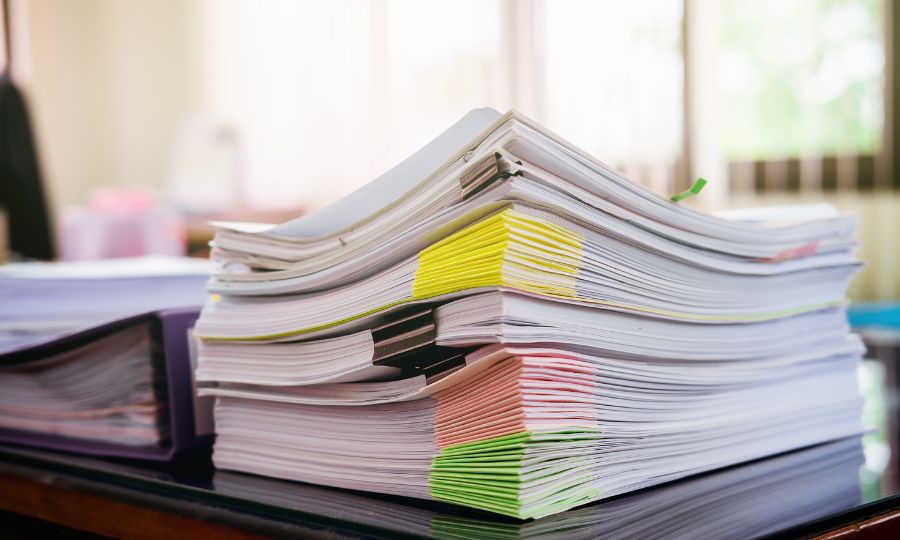

Picture this: it’s tax season, deadlines are piling up, and your team is running on caffeine and spreadsheets. In the middle of the crunch, small, consistent habits can be the difference between burnout and balance. This article explores how accountants can build healthier routines: taking breaks, fostering communication, staying organized, and investing in continuous learning—to thrive under constant pressure.

We all know that long reconciliations, month-end closings, and tax prep marathons demand hours of deep focus, but pushing through without pause often leads to errors and exhaustion. Encourage your team to schedule five-minute microbreaks between client calls or after finishing a complex reconciliation. A quick walk to grab water, stretching at the desk, or even reviewing notes away from the screen helps reset focus and maintain accuracy. Research confirms these breaks boost engagement and performance (Kim, Park, & Niu, 2017)!
In accounting teams, a missed update on a client’s bank account or unclear responsibility during month-end can quickly snowball into a myriad of errors. Regular check-ins (like a 30-minute weekly huddle) help everyone stay aligned. Encouraging staff to flag capacity concerns during tax season or ask for clarification on shifting compliance rules prevents costly mistakes. Deloitte’s 2024 Workplace Well-being Research shows that teams with open dialogue report higher engagement and overall well-being.

A cluttered inbox or inconsistent file naming can derail efficiency in any workflow. Establish habits like labeling files and folders consistently and archiving client emails into a centralized hub. Using practice management tools such as Client Hub keeps workflows, documents, and communication in one place. Structured digital practices improve both accuracy and team collaboration, reducing stress during peak deadlines.
When new tax rules roll out or software updates change how daily workflows are managed, teams that learn together adapt faster. Hosting a 15-minute “lunch and learn” on updated tax changes or pairing junior staff with seniors to review tricky client scenarios keeps knowledge flowing. Webinars on new product features or important practice topics can also reduce stress during peak season. Remember: firms that prioritize continuous learning see stronger retention, higher morale, and greater client confidence.

Healthy habits become part of culture when practiced consistently. Structured breaks, open communication, organization, and continuous learning all help accounting teams stay resilient and engaged. And with tools like Client Hub, firms can turn these habits into daily practice, strengthening efficiency and ensuring long-term success for your firm!
